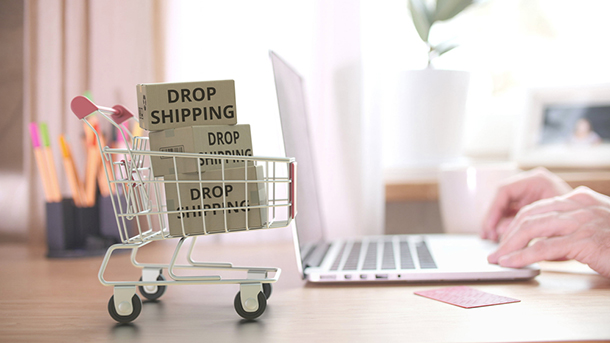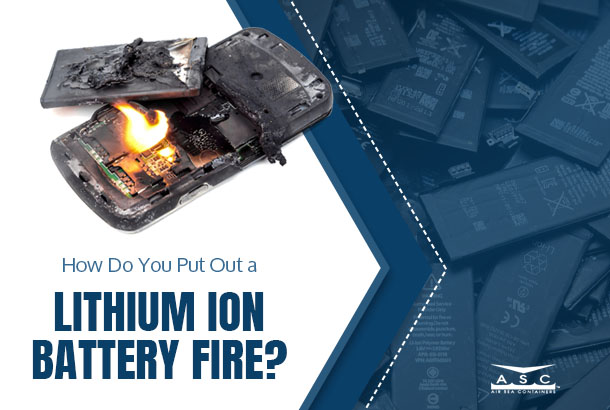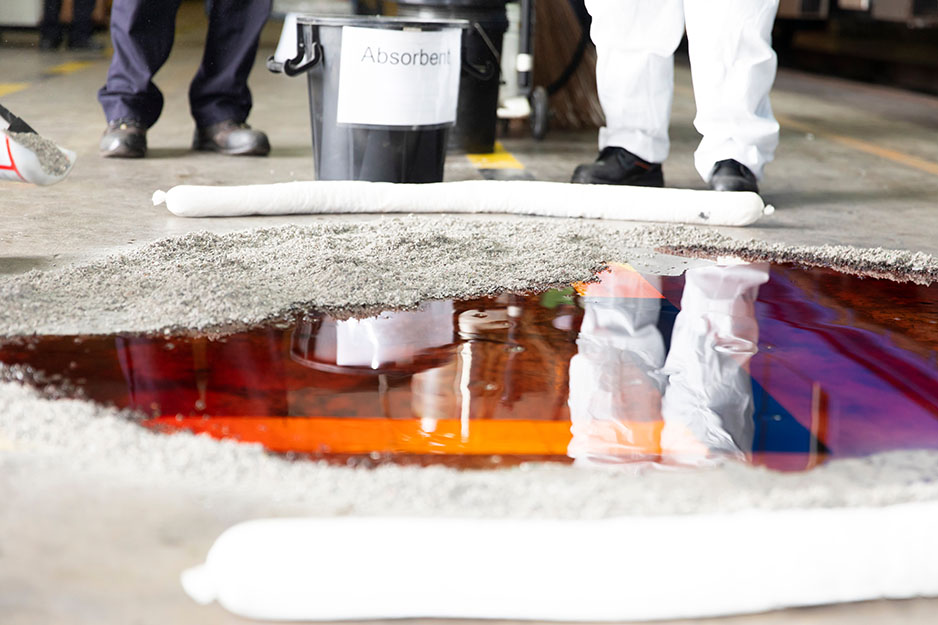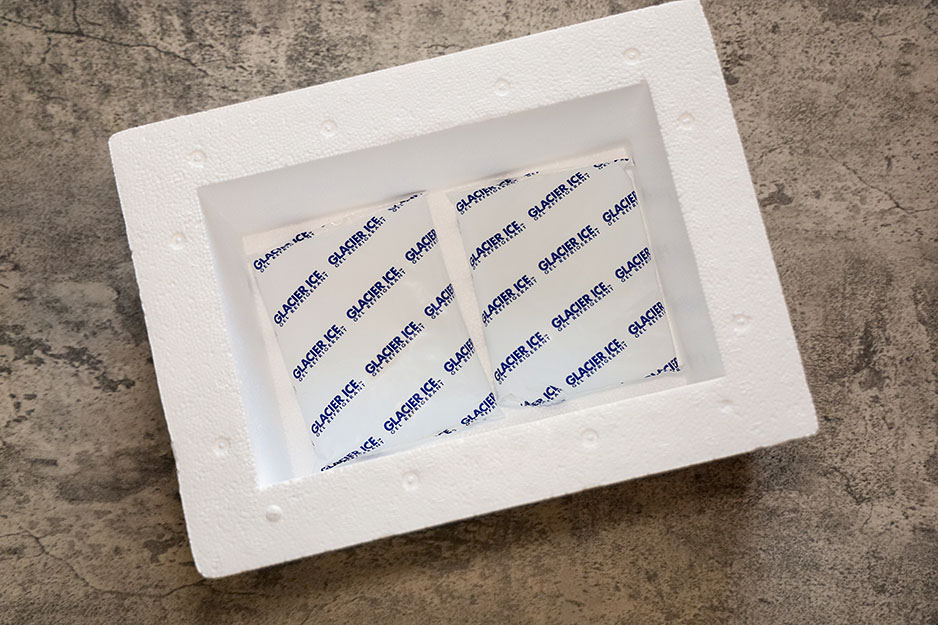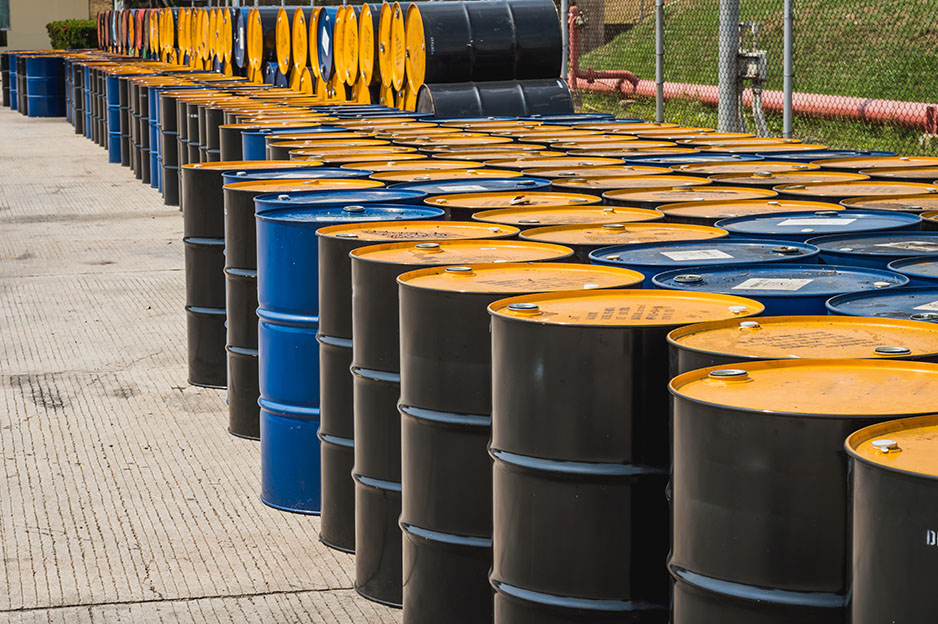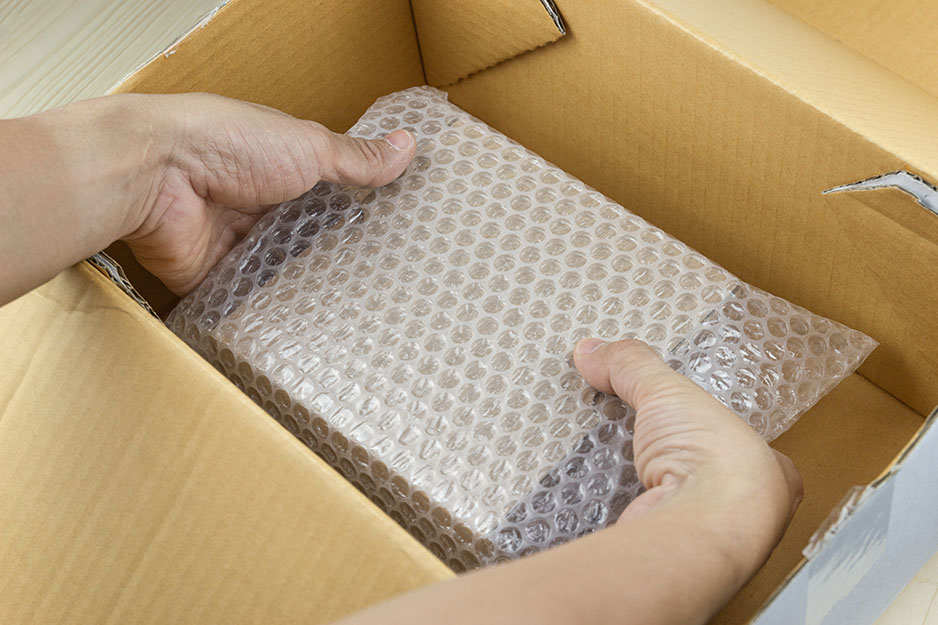Source: Smile Fight/ Shutterstock.com
Summary:- Lithium batteries are hazardous materials that can be a safety risk if not packaged or transported correctly.
- Strict regulations exist for packaging and transportation, which are stipulated by the Department of Transportation and the International Air Transport Association.
- There are different certification requirements for packers and couriers, but everyone involved in the supply chain must receive adequate instruction.
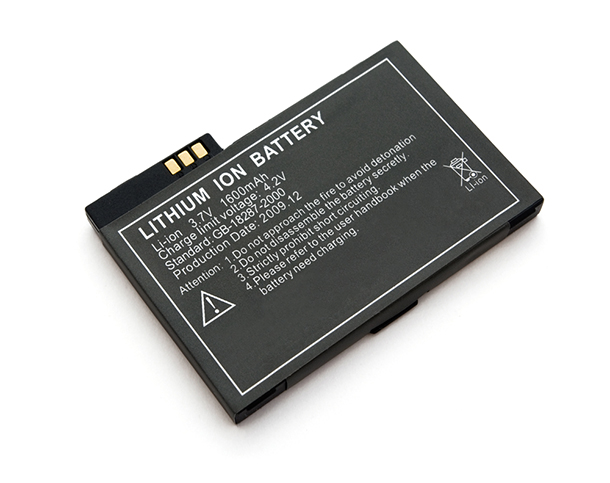
Source: Anton Starikov/ Shutterstock.com
Lithium Battery Packing and Shipping Regulations
Most lithium batteries are safe but are still classified as dangerous goods, and both packaging and shipping are required to conform to DOT lithium battery shipping regulations. Among other things, lithium batteries are highly sensitive to environmental factors and can cause fires if packaged incorrectly due to their highly flammable components. They can also short circuit if they come into contact with other batteries or conductive surfaces. Packaged lithium batteries must be separated in such a way so as to prevent short circuits. If they are packaged separately to equipment, they should be wrapped in strong, rigid outer packaging, such as the boxes found in lithium battery shipping kits offered by Air Sea Containers. When they are contained in the equipment, they are given the same protection as the equipment; however, a liner is often added between the battery pack and the underlying surface to prevent conduction. Get Mandatory Fully Regulated Lithium Battery Labels at Air Sea Containers In general, smaller lithium metal batteries are lightly regulated, but large and medium-sized rechargeable batteries, such as those used in electric vehicles or laptops containing eight grams or more of Equivalent Lithium Content (ELC), are tightly regulated by the DOT. Both lithium metal batteries and lithium ion batteries must be prepared for shipping in accordance with IATA Section 1A and IB guidelines, which stipulate that batteries must not be packed in the same outer packaging as other dangerous goods such as explosives, flammable liquids or solids or oxidizers. Packing lithium batteries also depends on the method of shipping you use. For example, if you ship by air, guidelines are provided by both the DOT and by the IATA, as containers experience different air pressures depending on the mode of transport, which in turn is subject to different regulations. Other DOT regulations stipulate that lithium ion batteries can be freighted on passenger aircraft in custom shipping boxes weighing under 11 lbs., with non-rechargeable batteries not being allowed on passenger aircraft at all. Air Sea Containers provides an assortment of the best custom shipping boxes for commercial travel. Whether by air, sea or ground, all batteries must have passed design testing and include paperwork for Class 9 hazardous materials. Browse the 2021 Lithium Battery Shipping Guidelines at Air Sea Containers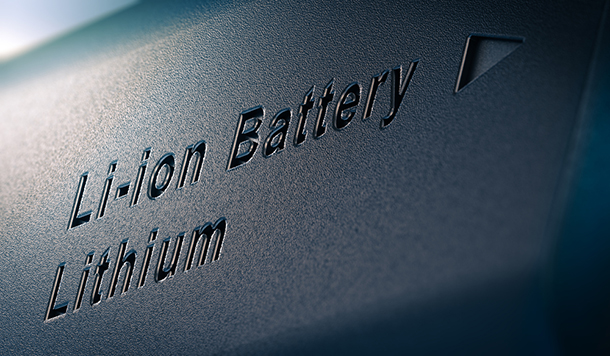
Source: Oliver Le Moal/ Shutterstock.com
Certification
The DOT and IATA have different requirements based on the distinction between packers and shippers for lithium ion battery shipping certification:- The DOT Pipeline and Hazardous Materials Safety Administration stipulates that packers must receive adequate instruction on how to correctly pack lithium ion batteries in shipping boxes.
- Those packing lithium ion batteries are not required to hold a special certification by the IATA but must receive adequate instruction. For example, they must identify and document different configurations of lithium batteries they are preparing to ship, such as whether lithium batteries are packed together with equipment or are contained in the equipment and whether they are metal or ion batteries.
- Couriers responsible for shipping Section 1 lithium batteries must receive full IATA training and certification, including developing an understanding of the DOT Pipeline and Hazardous Materials Safety Administration hazmat identification chart.
- Despite not needing certification to ship lithium batteries, employers should ensure that their employees receive in-depth training on how to pack all hazardous materials in hazmat boxes, such as those offered by Air Sea Containers.



